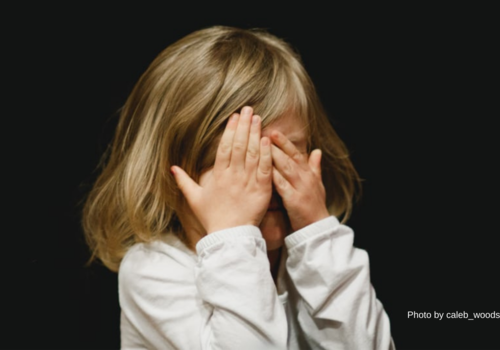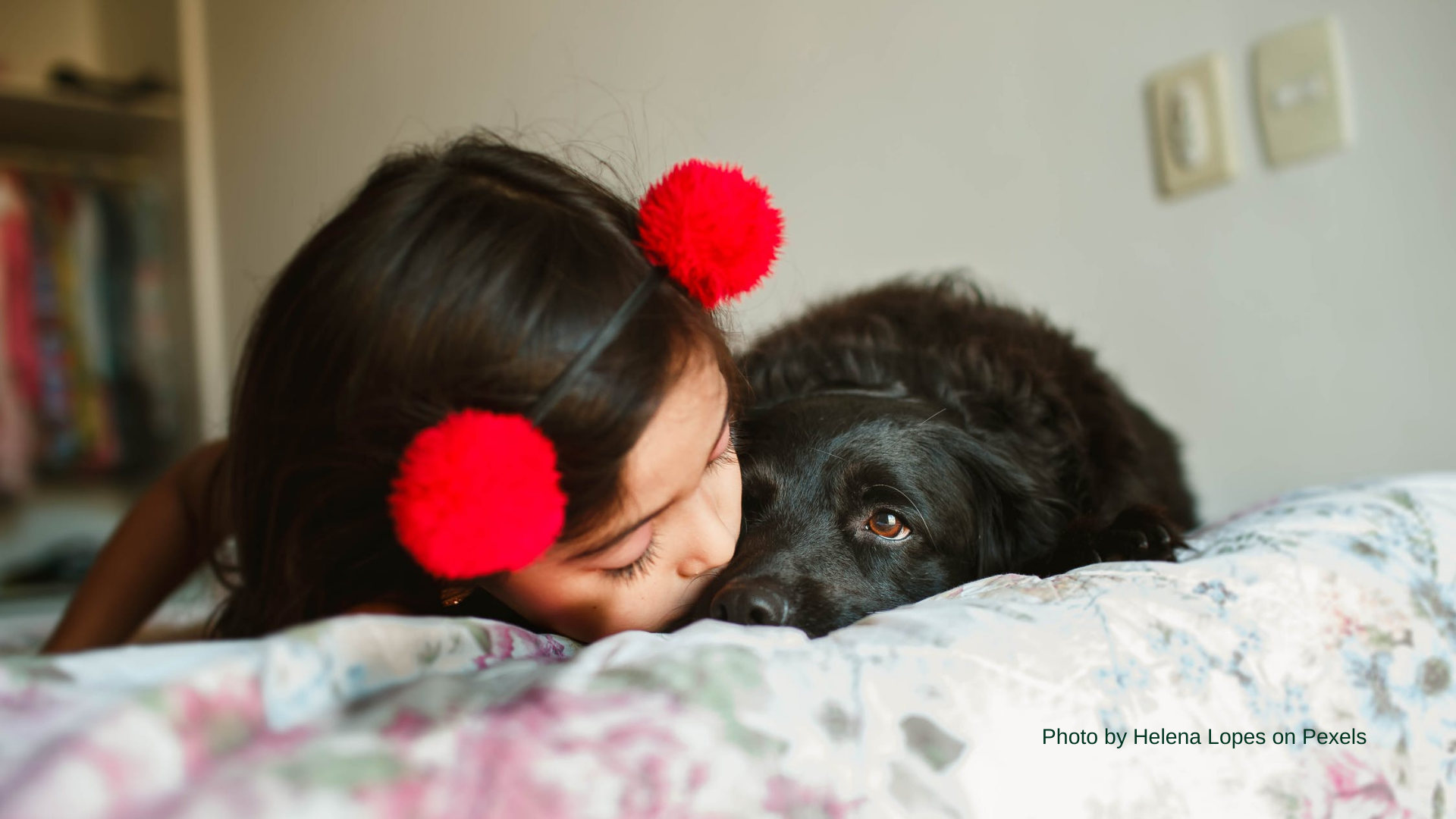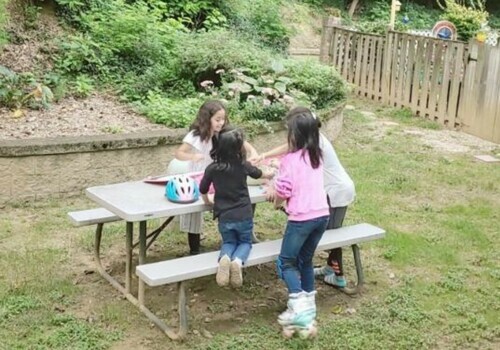
Like their parents, kids who witness real-life chaos like the riot at the U.S. Capitol can feel traumatized. Even those who don’t watch can be lightning rods for their parents’ anguish. These strategies help children handle difficult emotions and can lift worry from their shoulders.
Check in.
“Don’t wait for them to bring it up. Ask how they’re feeling,” advised Duke University School of Medicine psychiatry professor Dr. Robin Gurwitch in a SciLine media briefing. “That way, you can get a sense of their understanding, validate their feelings, and correct misperceptions.” When you set aside your phone and give them your full attention, kids feel more safe and secure.
Relieve their guilt.
If your kids see you are scared, angry, sad, or frustrated, they may think it’s their fault. Explain to them that “these emotions are normal and have nothing to do with anything they did,” advises the parent advice website, Common Sense Media.
Freely dispense hugs.
A hug is “a combination love potion, muscle relaxant, and tranquilizer,” says The Durable Human Manifesto. Dispense copious doses. Touch can be more powerful than words and is certainly an effective supplement.

Let them play.
“When we adults feel angst, we deal with it by playing it over in our minds or talking to someone we trust,” said Nancy Carlsson-Paige of Defending the Early Years in a Campaign for Commercial Free Childhood webinar. “Children don’t have those tools. The ways kids process their experience is through play.” Open-ended playthings like dress-up clothes, play doh, and/or cuddly pets give kids maximum expressive leeway. Continue reading




